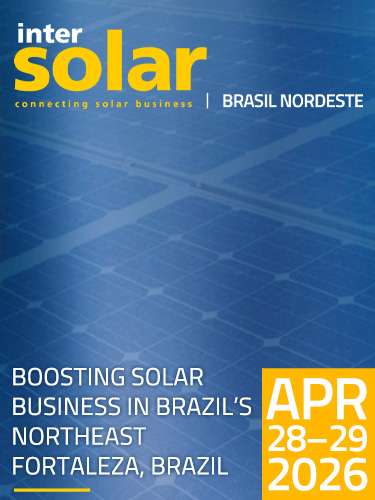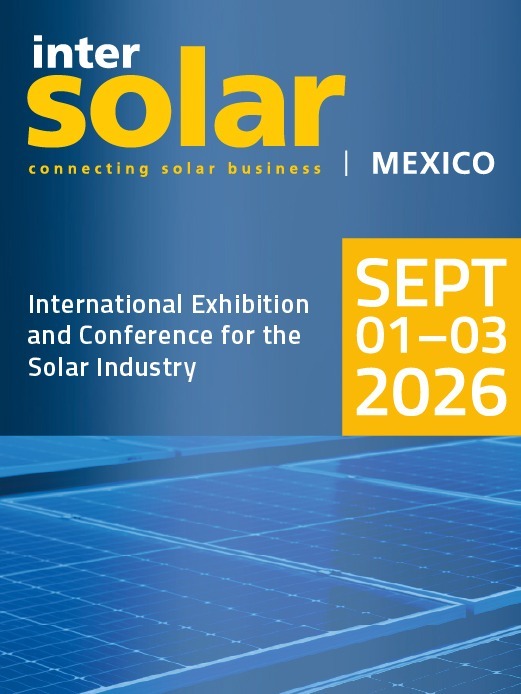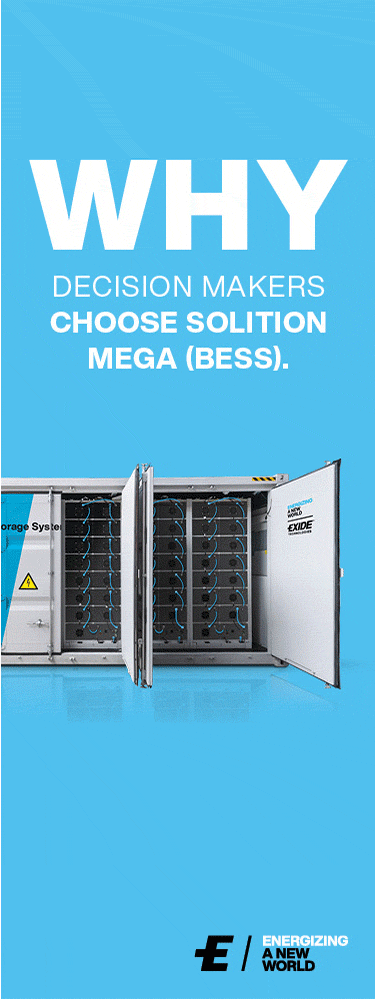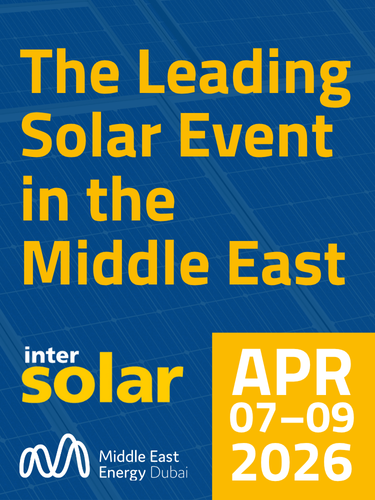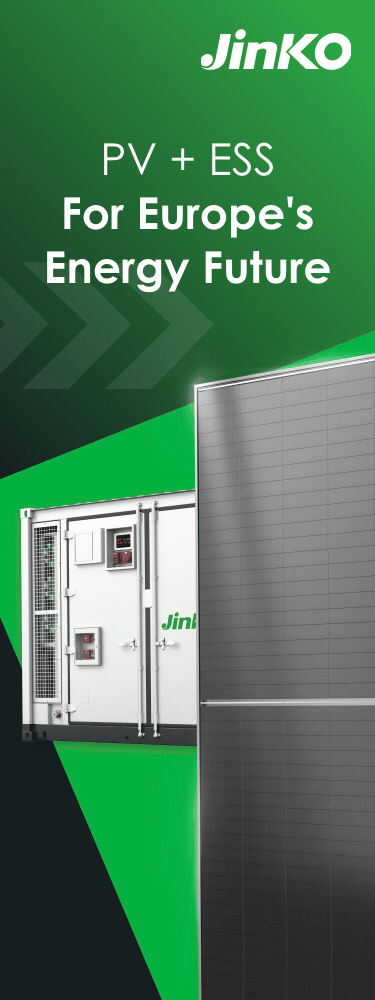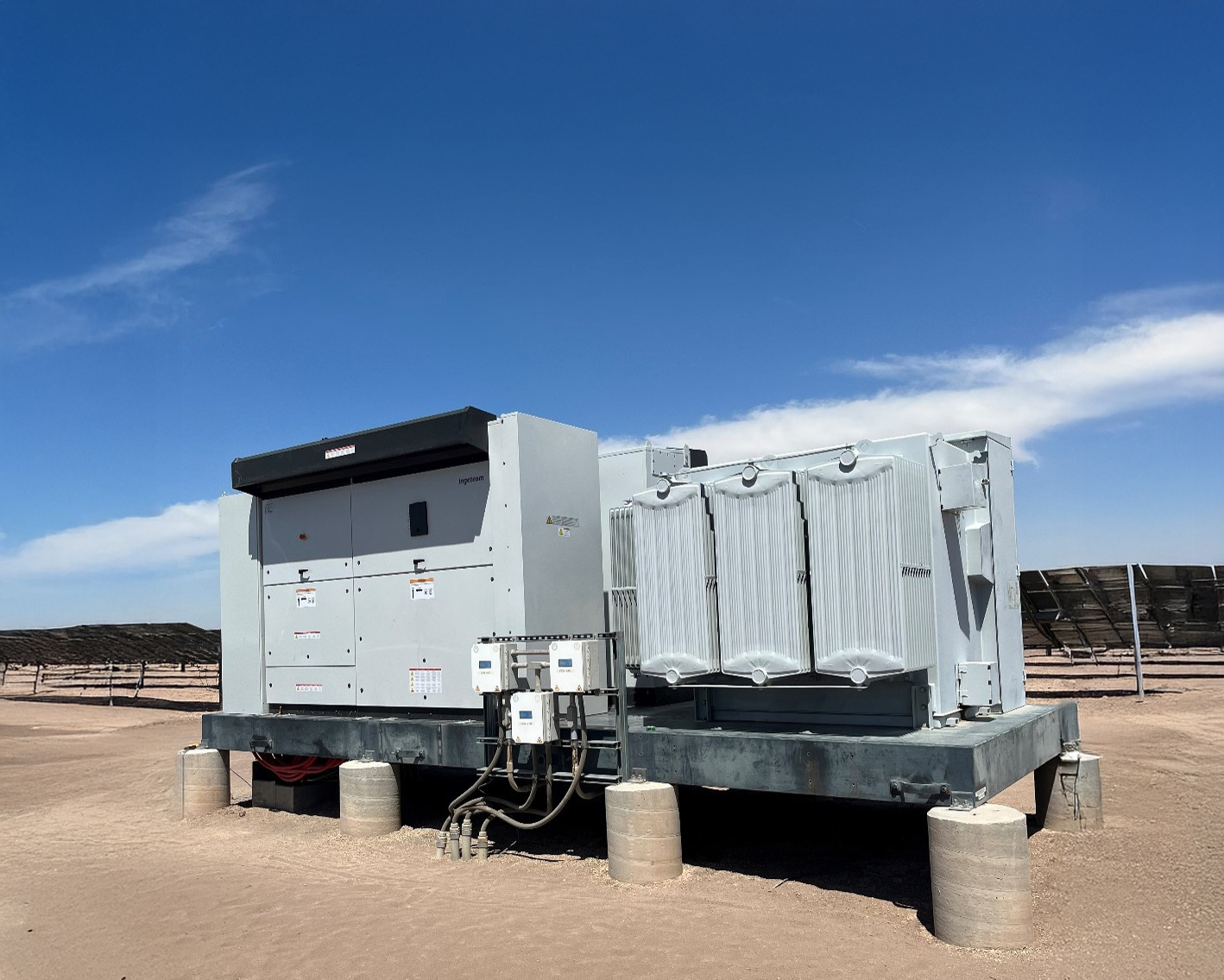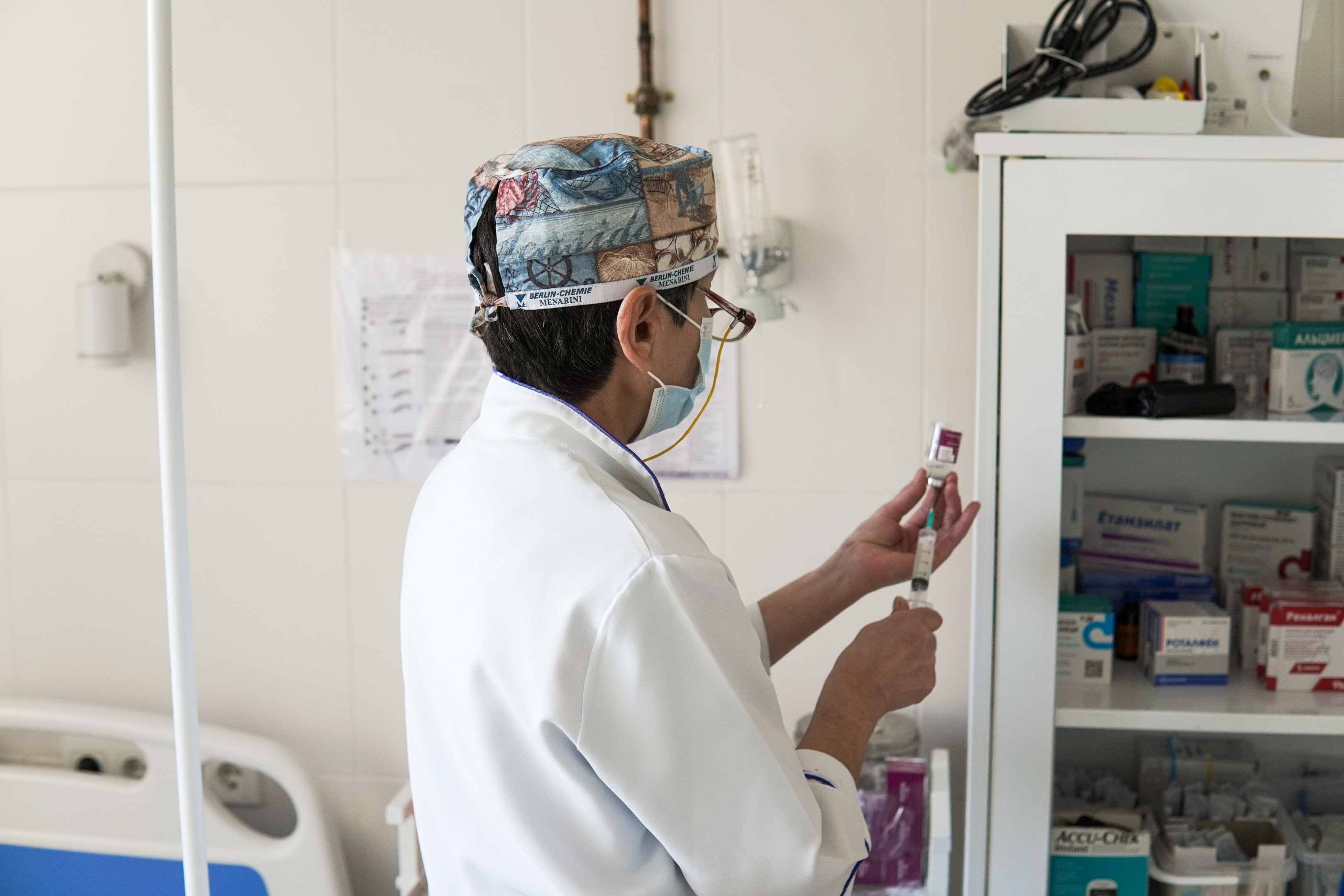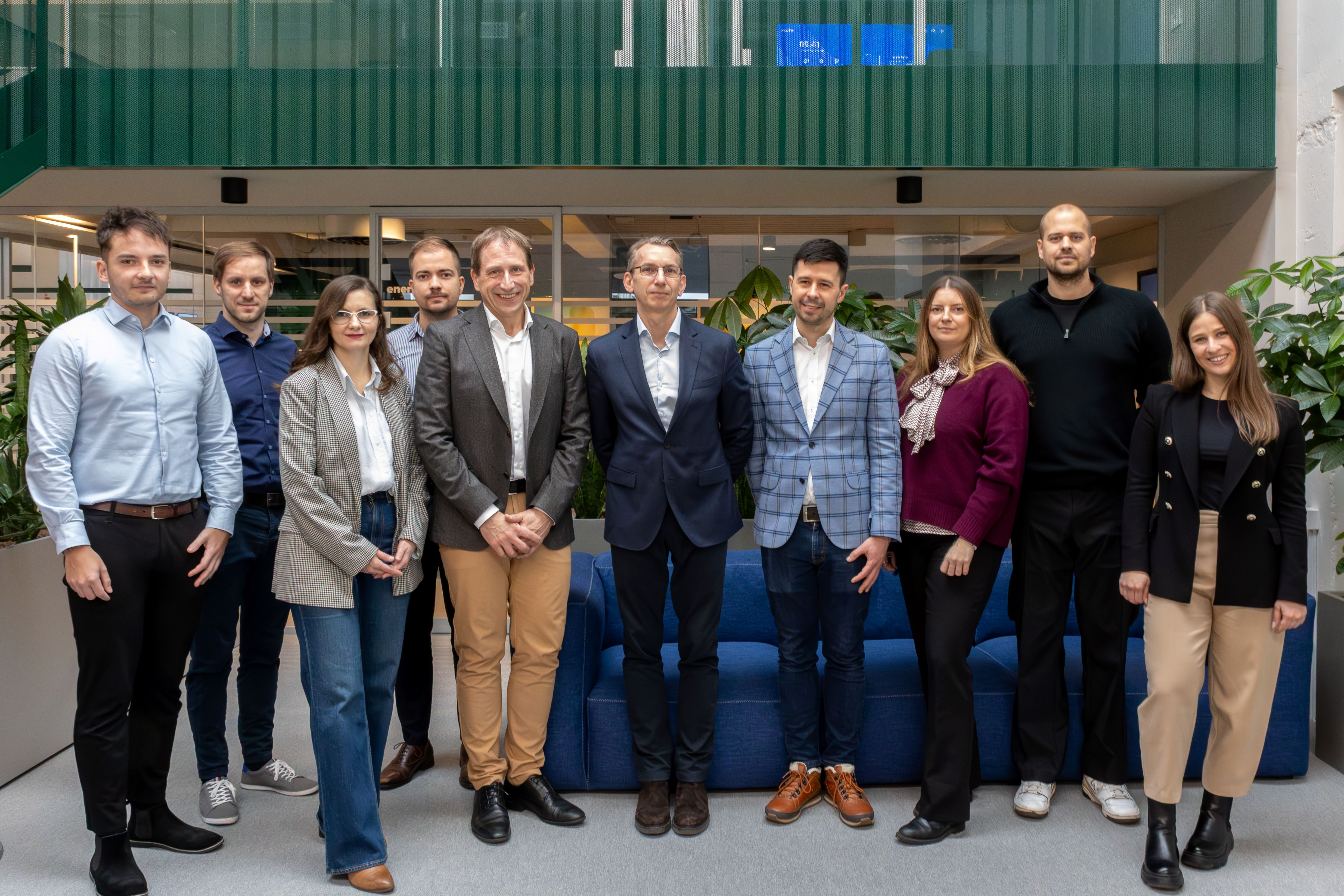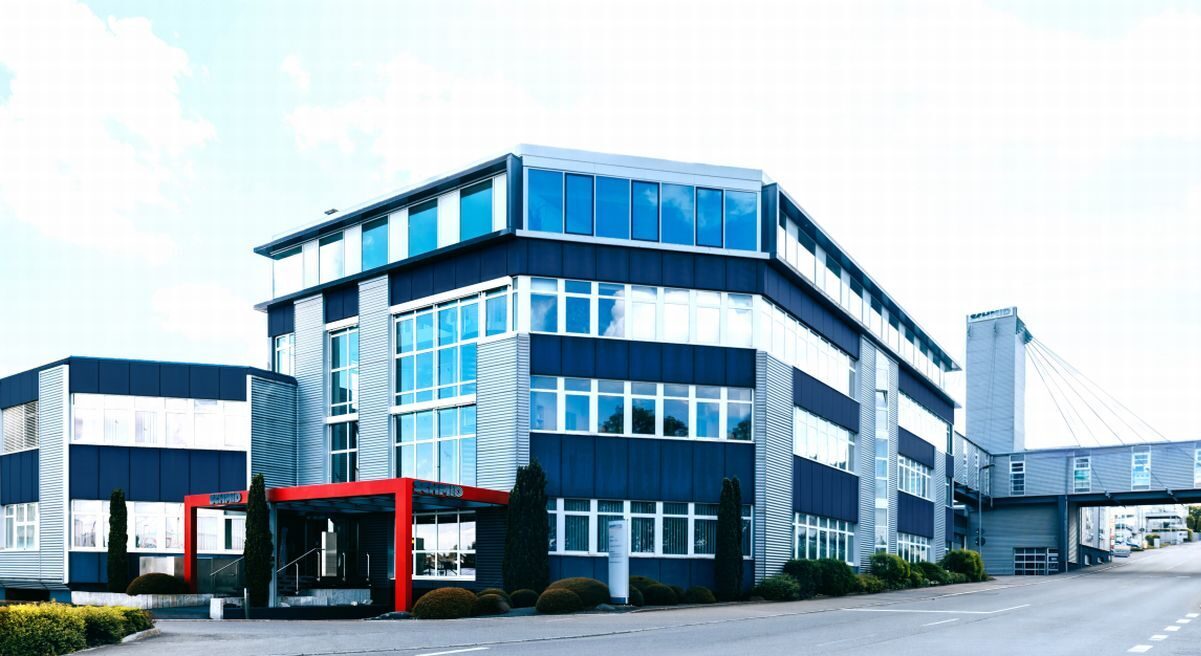News
ECOPROGETTI collaborates with IPVF to accelerate Perovskite Pilot Line scale-up with Advanced Testing Equipment
Published in: Solar, Press Releases

The French research institute IPVF (Institut Photovoltaïque d’Île-de-France) has recently installed a new machine developed by Ecoprogetti for the production of its Perovskite Modules in their R&D Pilot Line. The goal? To facilitate testing and development on perovskite modules and support the transition toward the industrialization of this upcoming technology.
A European mission for energy sovereignty
IPVF stands out at the European level for its research and development activities focused on next-generation photovoltaics, with particular attention to tandem cells and innovative materials such as perovskites. As part of the national strategy for industrial sovereignty, IPVF plays a key role in building an entirely French and European photovoltaic production chain. Thanks to an ecosystem that brings together research labs, industrial partners, and deep-tech startups, IPVF accelerates the transfer of technology to the market, fostering the industrialization of high-performance photovoltaic technologies. In doing so, it contributes concretely to Europe's energy leadership by reducing dependency on imports and promoting a sustainable and competitive green transition.
The machine: IPVF & ECOSUN NOVA with Integrated Electroluminescence
The solution developed by Ecoprogetti for IPVF—called ECOSUN NOVA EL—is an integrated platform that combines a solar simulator with advanced electroluminescence (EL) analysis.
The system enables IV electrical characterization tests and monitoring of the modules’ light emission under controlled conditions—even over extended periods—thanks to MPPT tracking and steady-state testing mode, going well beyond the 24-hour limit.
The integrated high-resolution EL system (150 px/mm²) enables extremely detailed analysis for identifying defects, microcracks, and irregularities. With this technology, high-precision detection can be performed on modules made from both silicon and perovskite, thus supporting research on next-generation cells.
Tailored for perovskites
One of the most innovative aspects of the project lies in the machine’s adaptability to non-standard and evolving testing procedures. Perovskite cells exhibit different electrical behaviors compared to silicon cells—for instance, tests are often carried out at constant voltage until material stabilization, rather than using standard IV curves. To meet these needs, the ECOSUN NOVA EL was designed to perform stabilization tests under constant voltage or current, while monitoring the cell’s status in real time. These are complemented by traditional bidirectional IV measurements, which can be executed with highly flexible scan rates—from very fast (10 V/s) to extremely slow (below 0.001 V/s)—essential for investigating transient phenomena and the instability typical of perovskites. Thanks to this flexibility, IPVF can now test not only individual cells but also entire mini-modules, marking a significant step forward toward the industrial scale-up of perovskites.
A strategic collaboration
The collaboration with Ecoprogetti represents a concrete step toward transforming research into production. According to IPVF, the new machine enables the transition of technologies developed in the lab toward industrial standards, allowing for more accurate assessments of durability, stability, and performance on a real-world scale.
